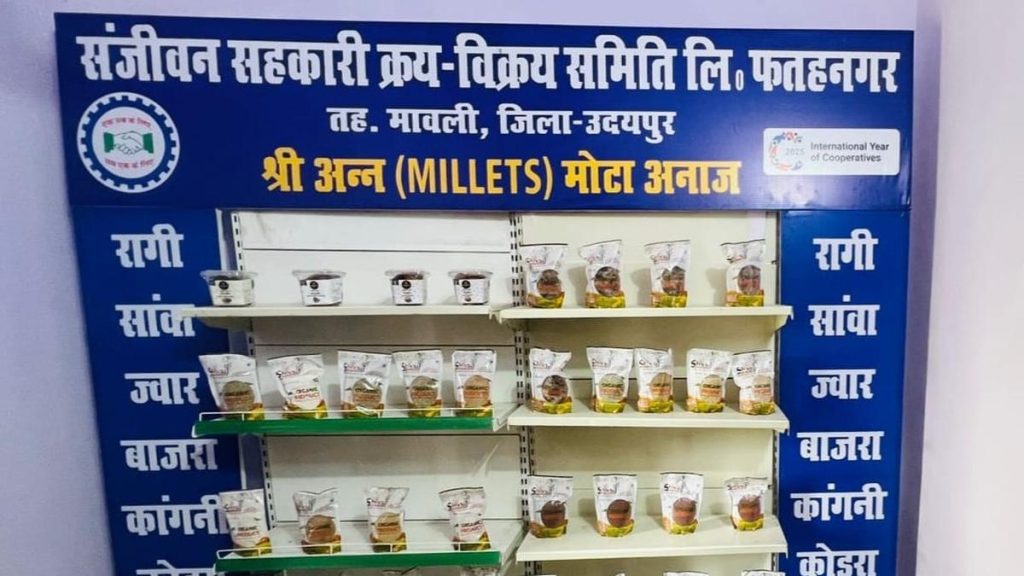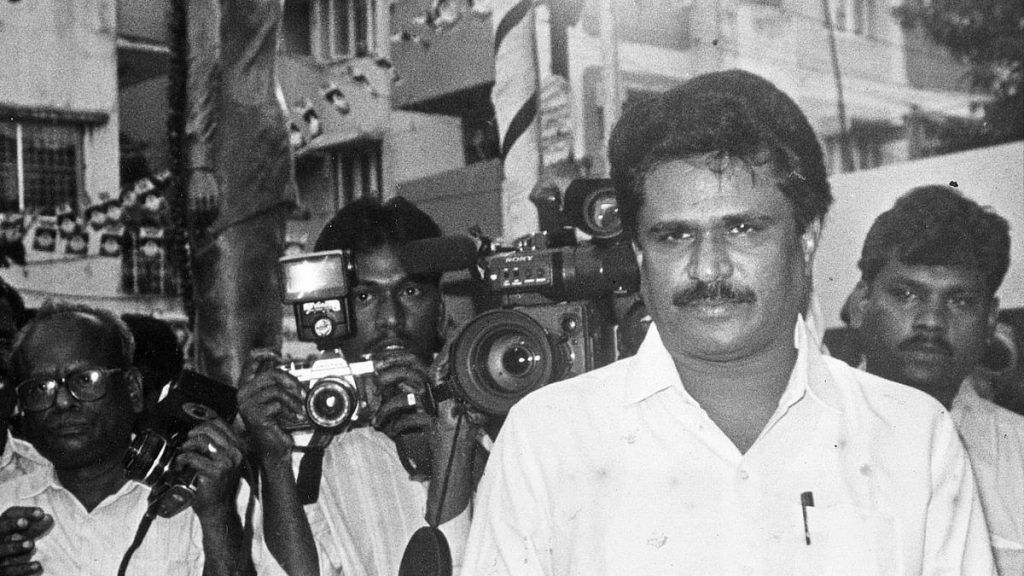Now Reading: Supreme Court’s Interim Order Raises Constitutional, Religious Concerns: Mirwaiz Farooq
-
01
Supreme Court’s Interim Order Raises Constitutional, Religious Concerns: Mirwaiz Farooq
Supreme Court’s Interim Order Raises Constitutional, Religious Concerns: Mirwaiz Farooq
Quick Summary
- Mirwaiz Umar farooq, Kashmir’s chief cleric and head of Muttahida Majlis-e-Ulema (MMU), expressed concerns over the Supreme Court’s interim order on the Waqf (Amendment) Act, 2025.
- Certain provisions of the Act have been stayed, but wider constitutional and religious grievances raised by this legislation remain unaddressed.
- The abolition of “waqf by user” principle poses a risk to centuries-old religious sites like mosques and shrines that have functioned as waqf properties based on historical usage without formal deeds.
- Mandatory documentation for Waqf properties disregards situations where records were historically lost or never existed, potentially stripping these locations of sacred status.
- transfer of survey powers from independent commissioners to district collectors has sparked fears over excessive state control and compromised neutrality in managing Waqf assets.
- MMU claimed this amendment weakens protections for Muslim endowments while enabling encroachers and called for urgent restoration of original safeguards under the previous Waqf Act.
Indian Opinion Analysis
The concerns raised by Mirwaiz Umar Farooq highlight significant issues surrounding religious autonomy enshrined in india’s Constitution.The perception that the Waqf (Amendment) Act disproportionately targets Muslim community institutions creates apprehensions about fairness in legislative oversight across different faiths. While staying certain provisions may signal judicial balance, unresolved aspects like mandatory deed requirements could undermine longstanding traditions tied to informal historical practices.Centralizing survey powers within administrative bodies raises valid doubts about whether these changes preserve neutrality or facilitate governmental control.
From a broader viewpoint,addressing clarity in managing religious trust properties should involve inclusive consultation with impacted communities to balance preservation needs with updated regulatory norms. Restoring confidence among minorities warrants swift judicial clarity due to potential implications on social harmony in a culturally diverse nation like India.
Read More: The Hindu

























